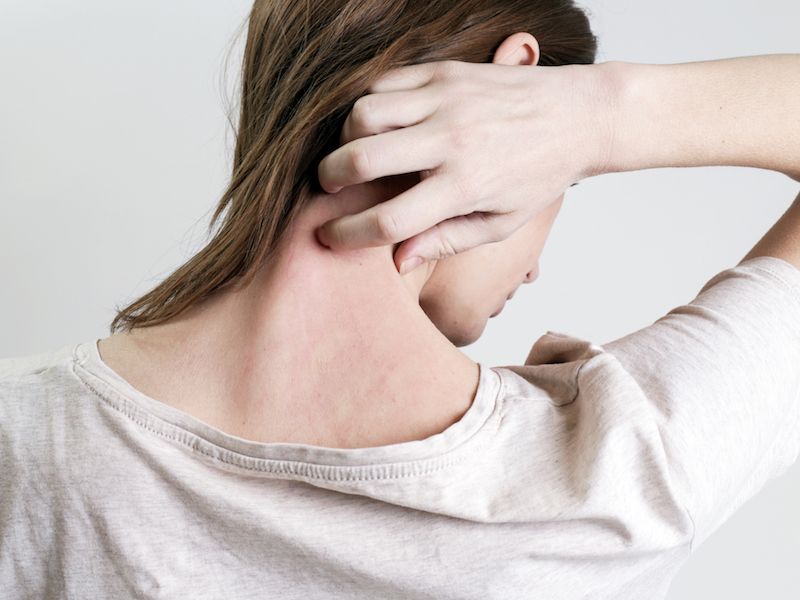
When you think about psoriasis, you probably think about all those commercials showing people with skin problems. Psoriasis impacts your general health and not only your skin. Psoriasis is frequently misunderstood and minimized, due to a lack of knowledge of how psoriasis impacts sufferers as well as the serious conditions that can be related to this disorder. Although plaques on the skin are its most apparent sign, they’re indicative of what psoriasis can do throughout the body: Continuous Irritation that can raise the chance of metabolic problems and cardiovascular disease.
Psoriasis is also connected to another issue according to a different recent study: Hearing loss. Published in The Journal of Rheumatology, The connection between mental health, hearing impairment, and psoriatic arthritis were looked at in this study. Psoriatic arthritis has an influence on the joints, and is a form of psoriasis, causing inflammation, pain, and difficulty moving. Sufferers may also suffer from psoriasis, but with psoriatic arthritis, it’s conceivable to have inflammation without also experiencing the common plaques.
In the same way as with rheumatoid arthritis (and similar to psoriasis), psoriatic arthritis is an autoimmune illness, the sufferer’s body is basically attacking its own healthy tissue. But psoriatic arthritis varies from rheumatoid arthritis in that it’s usually asymmetrical (so you could have it in one knee but not the other), and it doesn’t only target joints but results in painfully swollen toes and fingers while it targets sufferer’s nails and eyes.
Based on the findings of this recent study, swelling caused by psoriatic arthritis could also impact hearing. A significant control group of individuals with neither psoriasis or psoriatic arthritis were compared to people who had one or the other problem. They found that hearing loss was more likely to be documented by the group that had psoriasis, and audiometric screening supported the self-reports. Even when other risk considerations are taken into account, psoriatic arthritis sufferers were significantly more likely to suffer from hearing loss than either {the control group or psoriasis sufferers}.
But that’s not to say there’s no link between psoriasis, psoriatic arthritis and hearing loss. A 2015 study found that there is a significantly higher risk, for people who have psoriasis, of getting sudden sensorineural hearing loss, generally known as sudden deafness. The ability to hear decreases considerably over three days or less with sudden sensorineural hearing loss. There are numerous possible causes for this, but scientists hypothesize that people who have psoriasis are at higher risk due to the kind of fast inflammation that occurs during a flare-up of psoriasis symptoms. If this happens in or near the cochlea, it may impair hearing. This kind of hearing loss, in some circumstances, can be helped by treatments that alleviate psoriasis., but hearing aids are often recommended when sudden deafness does not respond to other treatments.
If you suffer from psoriatic arthritis or psoriasis, it’s worthwhile to monitor your hearing. Plan your annual healthcare appointment along with normal hearing exams. Disease caused by inflammation can lead to inner ear damage, which can lead to loss of balance and psoriatic arthritis. psoriatic arthritis and psoriasis are both also linked to depression and anxiety, both of which can be additionally aggravated by hearing loss. Loss of hearing is something you want to catch sooner rather than later because untreated hearing loss can result in other health issues like dementia.
With early treatment, you can keep ahead of the symptoms by having your hearing tested frequently and cooperating with your doctor, knowledge is key. You shouldn’t have to sacrifice your quality of life for psoriasis or for loss of hearing, and all the difference is having the right team by your side.
